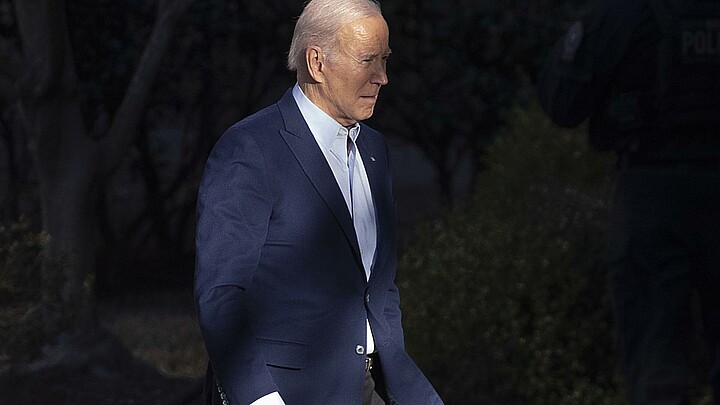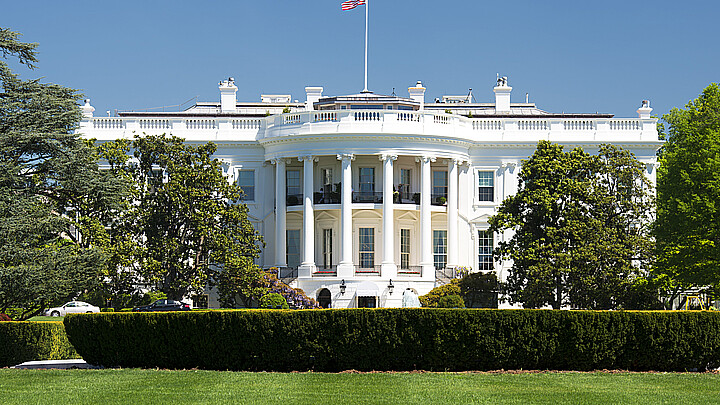Health
FBI acknowledges that agents could have Havana Syndrome
The mysterious illness that began in Havana in 2016 could be affecting several FBI agents.
November 24, 2021 3:37pm
Updated: November 24, 2021 4:21pm
The FBI publicly acknowledged for the first time that some employees may have symptoms of Havana Syndrome, reported NBC News. The FBI says it will make sure employees who have symptoms of Havana Syndrome will get access to medical care.
The statement comes after a former agent was suffering almost daily headaches for about a decade after being overseas in a country near Russia. The former agent was posted at an embassy under a suspected Russian electronic jamming operation that disrupted communications.
In an email exchange last month, an FBI official told the former agent that “unfortunately, the FBI is not authorized to give any medical advice and there are not any medical programs in place for current and/or retired employees."
When asked about the email exchange, the FBI responded by saying "one part of a larger exchange taken out of context and does not reflect the FBI’s commitment to supporting its personnel, both current and former."
The statement has been taken as the FBI’s first formal acknowledgement that some of its agents could have Havana Syndrome.
The Havana Syndrome got its name after a group of diplomats and CIA agents reported symptoms in 2016 at the U.S. Embassy in Cuba. Currently, there are over 200 current and former government employees who have the mysterious syndrome.
Those affected by the illness have complained about hearing strange sounds and experiencing bizarre sensations before they developed symptoms, which include headaches, cognitive and balance problems, hearing loss and nausea.
Despite many efforts to explain the origins of the syndrome, there are no definitive answers. The theories proposed range from microwaves, sonic weapons, psychogenic illnesses and even the mating call of a cricket.
Earlier this month, the State Department named a new diplomat to lead the task force in charge of overseeing the response to Havana Syndrome.
“All of us in the U.S. government, and especially with the State Department, are intently focused on getting to the bottom of what and who is causing these incidents, caring for those who’ve been affected and protecting our people,” said Secretary of State Antony Blinken.









